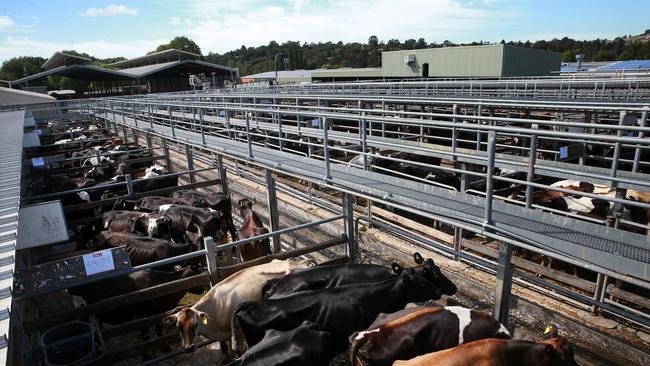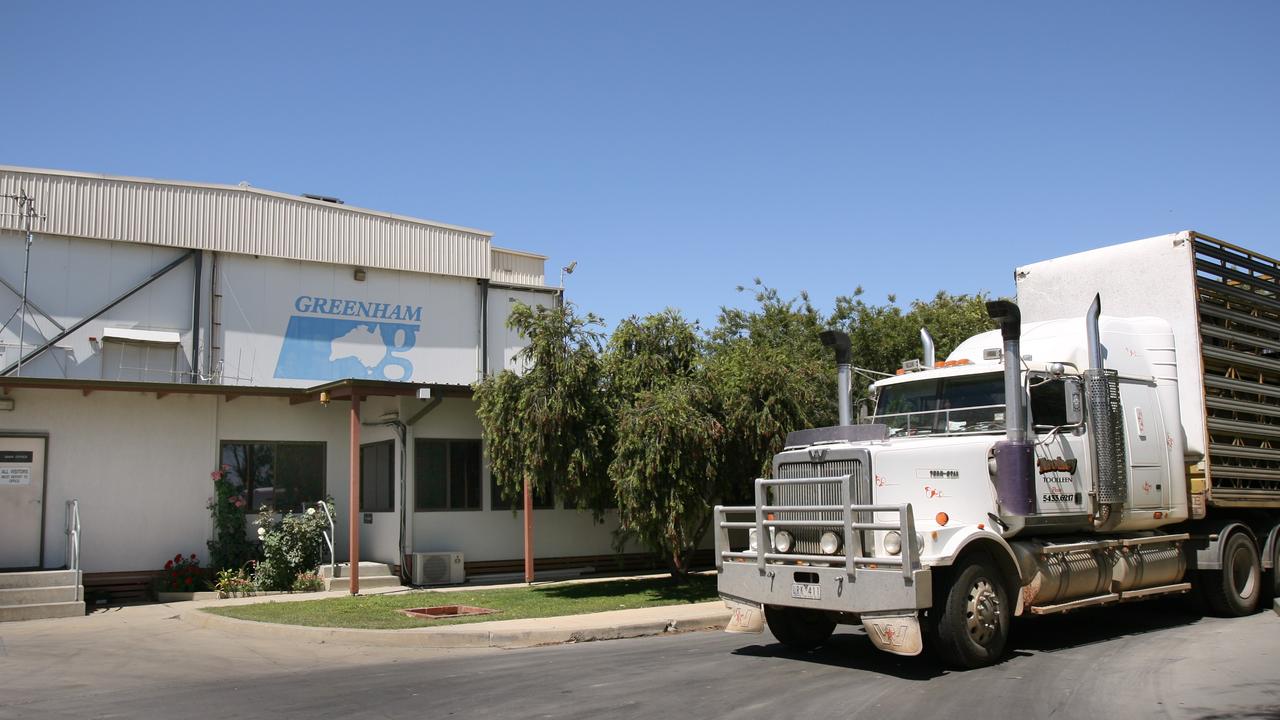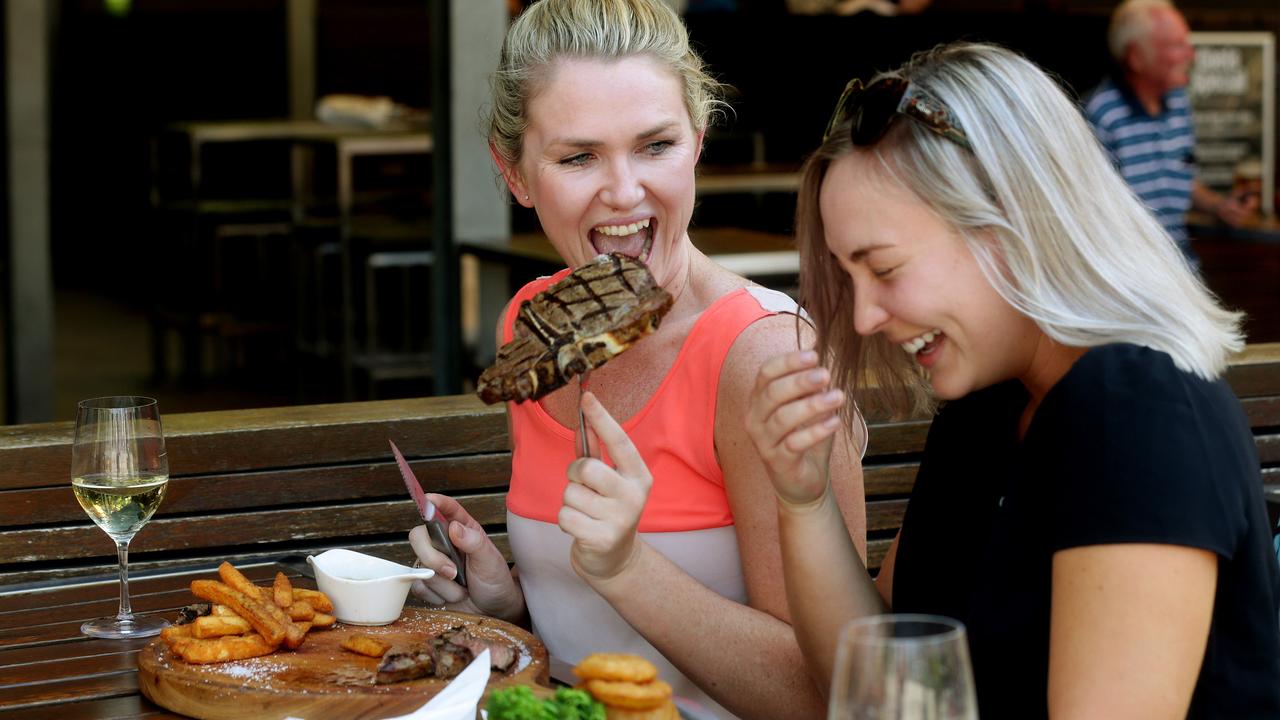Gippsland agents plan own saleyard at Longwary
GIPPSLAND stock agents are preparing to put their own money into a proposed new saleyard at Longwarry to gain some control over fees and charges.

GIPPSLAND stock agents are preparing to put their own money into a proposed new saleyard at Longwarry to gain some control over fees and charges.
It comes as the Victorian Livestock Exchange expands its footprint in the region, purchasing the Warragul saleyards in recent weeks and taking over operations at the centre.
VLE now control all the weekly prime markets in South and West Gippsland — Pakenham, Koonwarra and Warragul. It did have the Traralgon yards, which have since been shut down.
Only two saleyards in Gippsland — Bairnsdale and Sale — are now operated by local councils.
READ MORE: SALEYARDS FEE HIKE ON HORIZON
FULL LIST: VENDOR, AGENT FEES FOR MAJOR SALEYARDS
KELLY COUNTRY: FAIR SHARE ON SALEYARD FEES
REACTION: SHOCK, BUT MOST TAKE RISES ON CHIN
Warragul Alex Scott & Staff branch manager Neil Darby said saleyards were a cornerstone of many stock agents’ business but the shift to private ownership threatened this selling method through increased fees and charges.
Last week The Weekly Times revealed the new Ballarat saleyards at Miners Rest, privately built and owned by CVLX, would open with much higher yard fees for both farmers and agents.
The cost to sell a lamb or sheep that fetched more $100 a head would rise from 67c at the old site to $1.24, and weighed cattle selling for $1200 or more would jump from $11.27 to $15.60.
Agents service fees would more than double as CVLX moved to charging 0.25 per cent of turnover.
Mr Darby said rising fees and charges influenced how farmers sold stock.
“Saleyards are a big chunk of our business and when you have no control over fees you are at the mercy of what others want to charge and that is not a good position to be in as there is too much uncertainty and you can’t plan for the future.’’ he said.
Mr Darby said they, and other local agents, were looking to invest in new saleyards at Longwarry, which would be built in partnership with developer Brendan Abbey, whose company has saleyards at Mortlake and Yass in NSW.
“It would require a considerable investment from us but I think it is something agents really have to look at doing to get some control back,’’ Mr Darby said.
Mr Abbey this week said he was awaiting feedback from council on an environmental-impact statement for the Longwarry yards.
“It’s looking positive,’’ he said: “Some of the agents are chipping in financially but others just with their support for the project.’’
The VLE refuted claims it had a monopoly over saleyard operations in Gippsland, telling The Weekly Times it would treat farmers and agents fairly at Warragul.
Saleyard fees at Pakenham are among the highest in the state for cattle.
“We will let the dust settle at Warragul and see how the centre performs before considering any changes,’’ said VLE managing director Wayne Osborne.
“At this stage we have no direct plans to increase any fees and charges, and in one sense it would be unfair to say to vendors at Warragul you have to pay the same as Pakenham and Koonwarra because the centre does not offer the same level of facilities or services.’’
Mr Osborne said the VLE was not in a “monopoly’’ position to charge whatever fees it liked.
He said VLE was aware of farmer sensitivity around costs, and did face competition from grassfed branded beef programs in South Gippsland which involved direct selling.
“There is strong competition from the likes of JBS Farm Assurance which does bring tension to the overall market place when it comes to attracting cattle into a saleyard,’’ he said.
Mr Osborne said VLE had no plans to shut Warragul, and was committed to keeping Pakenham open for at least another five years and were working on a plan of another 10 years of operation.


